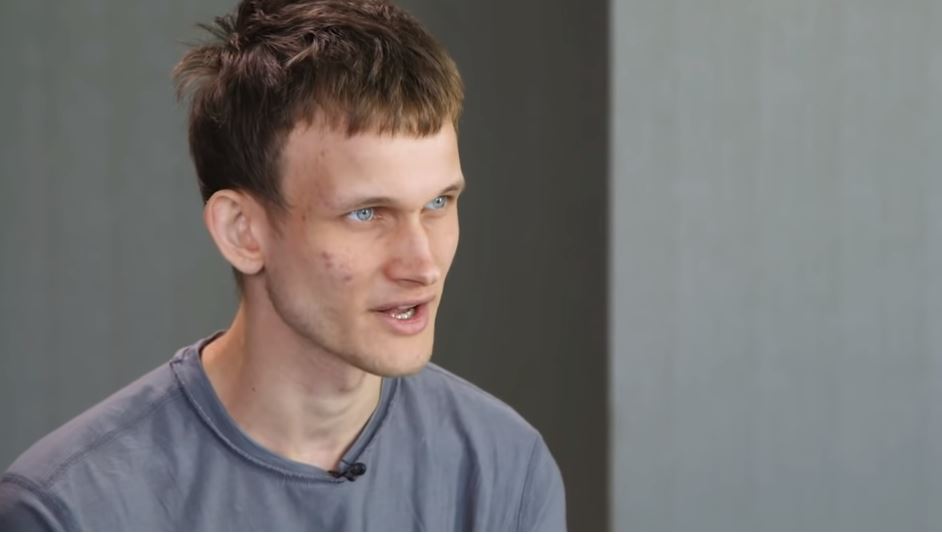Vitalik Buterin Wants Ethereum to Simplify Before It’s Too Late
05.05.2025 13:00 1 min. read Alexander Stefanov
Ethereum co-founder Vitalik Buterin has called for a major reset of the blockchain’s design, warning that the network’s growing complexity threatens its long-term success.
In a detailed new proposal, he outlined a roadmap that aims to strip Ethereum down to its essentials and make it more sustainable—starting with overhauling its core architecture.
Buterin believes Ethereum has lost sight of simplicity, attempting to do too much while piling on technical debt. To fix that, he’s advocating a streamlined consensus model and a complete rewrite of the Ethereum Virtual Machine (EVM).
He proposes replacing the current structure with a cleaner system using RISC-V, a minimal virtual machine already used in zero-knowledge projects, which he claims could drastically reduce bugs and improve developer access.
He also called for merging redundant tools and switching to more efficient cryptographic and data-handling methods—like unified erasure coding and binary Merkle trees—to improve performance and scalability across the network.
Ultimately, Buterin envisions Ethereum evolving into a leaner, more efficient platform capable of handling its ambitions in finance, identity, and beyond. The message is clear: if Ethereum wants to lead the next phase of the internet, it has to stop patching the old and start building smarter.
-
1
JPMorgan Lays Groundwork for Tokenized Finance with New Blockchain Trademark
17.06.2025 12:00 1 min. read -
2
Malaysia Opens the Door to Blockchain Experimentation With Launch of Innovation Hub
18.06.2025 22:00 2 min. read -
3
The Bitcoin-Cardano Bridge is Here: What it Means for DeFi
10.06.2025 21:00 1 min. read -
4
Chainlink Edges Closer to Wall Street Integration, Says Co-Founder
12.06.2025 9:00 1 min. read -
5
Polygon Breaks from Decentralization as Sandeep Nailwal Assumes Full Control
11.06.2025 20:00 2 min. read
Cardano Leads Developer Activity, Ethereum Maintains Ecosystem Dominance
Development trends across major blockchain networks show Cardano pulling ahead in core contributions, while Ethereum continues to dominate the broader ecosystem despite a drop in participation.
Kraken’s Ink Chain Ramps Up Usage as Token Launch Approaches
Ink, the Layer-2 network incubated by Kraken and built on Optimism’s Superchain framework, is suddenly buzzing with on-chain activity.
Solana Partners with Kazakhstan to Launch Digital Economy Zone
Solana is making its next major move—this time, not through memecoins, but national partnerships.
Hyperliquid Chosen as Core Reserve in Lion Group’s Blockchain Expansion
Lion Group Holding Ltd. has raised $600 million from investment firm ATW Partners to fuel a major shift into decentralized finance.
-
1
JPMorgan Lays Groundwork for Tokenized Finance with New Blockchain Trademark
17.06.2025 12:00 1 min. read -
2
Malaysia Opens the Door to Blockchain Experimentation With Launch of Innovation Hub
18.06.2025 22:00 2 min. read -
3
The Bitcoin-Cardano Bridge is Here: What it Means for DeFi
10.06.2025 21:00 1 min. read -
4
Chainlink Edges Closer to Wall Street Integration, Says Co-Founder
12.06.2025 9:00 1 min. read -
5
Polygon Breaks from Decentralization as Sandeep Nailwal Assumes Full Control
11.06.2025 20:00 2 min. read


